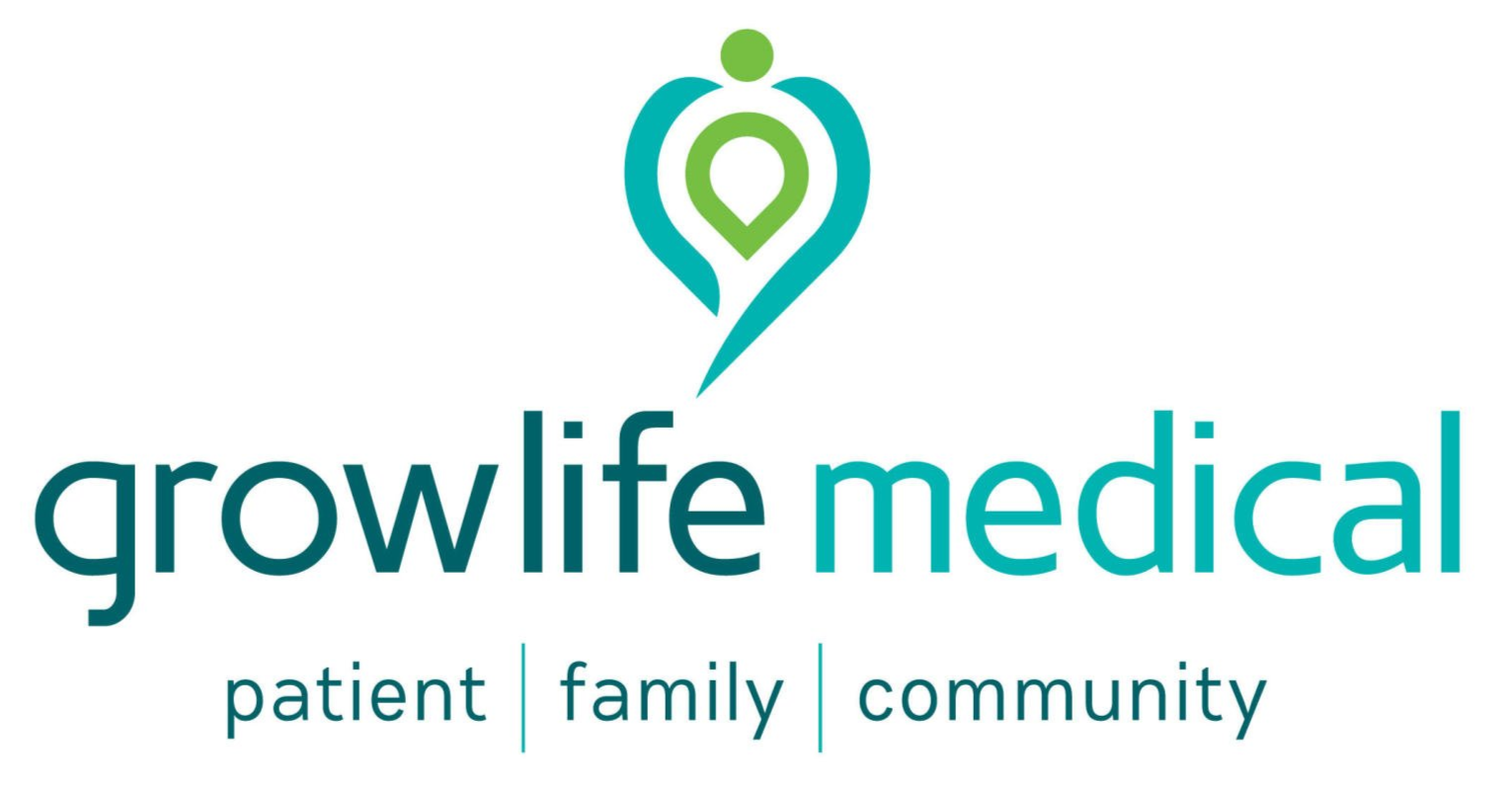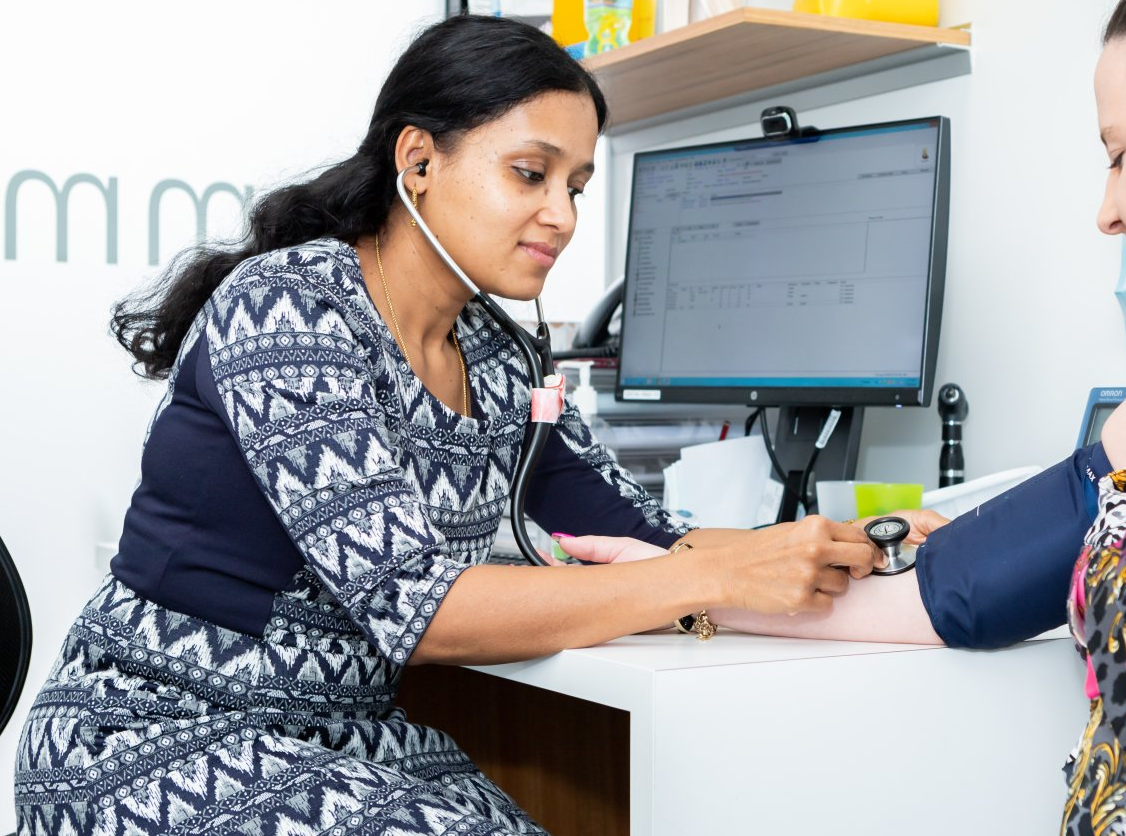Assessing Your Risk of Vascular Disease
In Australia, Heart Disease and Stroke make up two of the top three causes of death. Many of these are preventable with good GP care. At Grow Medical
we are on a mission to grow Australia’s healthiest communities. To do this we need a physically, mentally and socially healthy society. As the year end comes close, the flu and infections of winter are now past us and we want to spend the time with you that is needed to help prevent Australia’s biggest killers.
We are targeting those at higher risk of heart attack and stroke in order to make sure we have adequately assessed your individual risk, put in place a management plan to keep you healthy, and screened for any current problems requiring urgent treatment. Read on to find out more...
What are the risk factors for vascular disease?
Existing Vascular Disease
This may seem obvious, but one of the strongest risk factors for future heart attack, stroke or blood vessel blockages in the limbs, is previous blood vessel blockages. If you have had one of these events, you should be seeing your doctor at least twice a year, and have an active GP Management Plan in place.
High Cholesterol
High Cholesterol is an important risk factor for heart disease, stroke and peripheral vascular disease. It is important to know the difference between your good cholesterol (HDL) and bad cholesterol (LDL), as it is the ratio between good and bad that is most important for your risk. A good way to understand this concept is that good cholesterol reduces the size of plaque in your arteries, whereas bad cholesterol leads to buildup of plaque in your arteries.
High Blood Pressure (Hypertension)
For most people, a healthy blood pressure is around 120/80. Hypertension is usually defined as blood pressure over 140/90 in the clinic or over 135/85 on home readings. High blood pressure results in damage to the internal lining of your arteries that results in build up of plaque inside blood vessels, and also can damage your kidneys and result in renal impairment.
Diabetes
Whilst sugar (glucose) is essential for life, a level of glucose that is too high inside your blood vessels has a wide range of toxic effects including damage to the inner lining of the blood vessels causing plaque, damage to the fine filtration mechanism of the kidneys, and damage to microscopic blood vessels and nerves. The end result is a much higher risk of vascular disease in individuals with diabetes.
Smoking
Fortunately, the rate of smoking has been on the decline in our community for some time, and we now have very few patients who regularly smoke. If you are still smoking, we are happy to help you quit if you would like to. Simply phone the practice
Others
Physical Inactivity, Obesity, Kidney Disease and your inherited genes all have a strong impact upon your likelihood of vascular disease.
What to expect from your vascular checkup?
Preventing vascular disease is as simple as checking and managing the above risk factors. When you see your Grow Medical GP
for a vascular risk checkup, you can expect to be well looked after and have all your questions answered. We will check your:
- height
- weight
- blood pressure
- smoking status
- discuss any symptoms you may have experienced like chest pain, weakness or cramping in the calves.
For patients with risk factors for vascular disease, the nurse will obtain an Ankle Brachial Index reading for the doctor (a screening test for blood vessel blockages to the legs). Your doctor will check your cholesterol, sugar and kidney function blood tests, and where necessary arrange for you to update these tests. Based upon your risk assessment, your doctor may order an Electrocardiogram (electrical tracing of the heart rhythm) or refer you for a cardiological assessment if necessary. Depending on the complexity and your individual requirements, we may be able to do this over one long appointment, or split between a number of appointments.
How can I prevent vascular disease?
Most patients do not need treadmill testing, or any invasive treatment. The mainstay of treatment is about ensuring a good level of physical activity, good nutrition, avoidance of smoking, and management of blood pressure and cholesterol with medication where these measures have been tried but proven unsuccessful.
What is the next step?
Make sure you Book Now
for a consultation with your regular doctor at Grow Medical. If you don’t have a regular doctor, choose “next available with any practitioner” and we will start walking the road to better health with you.

